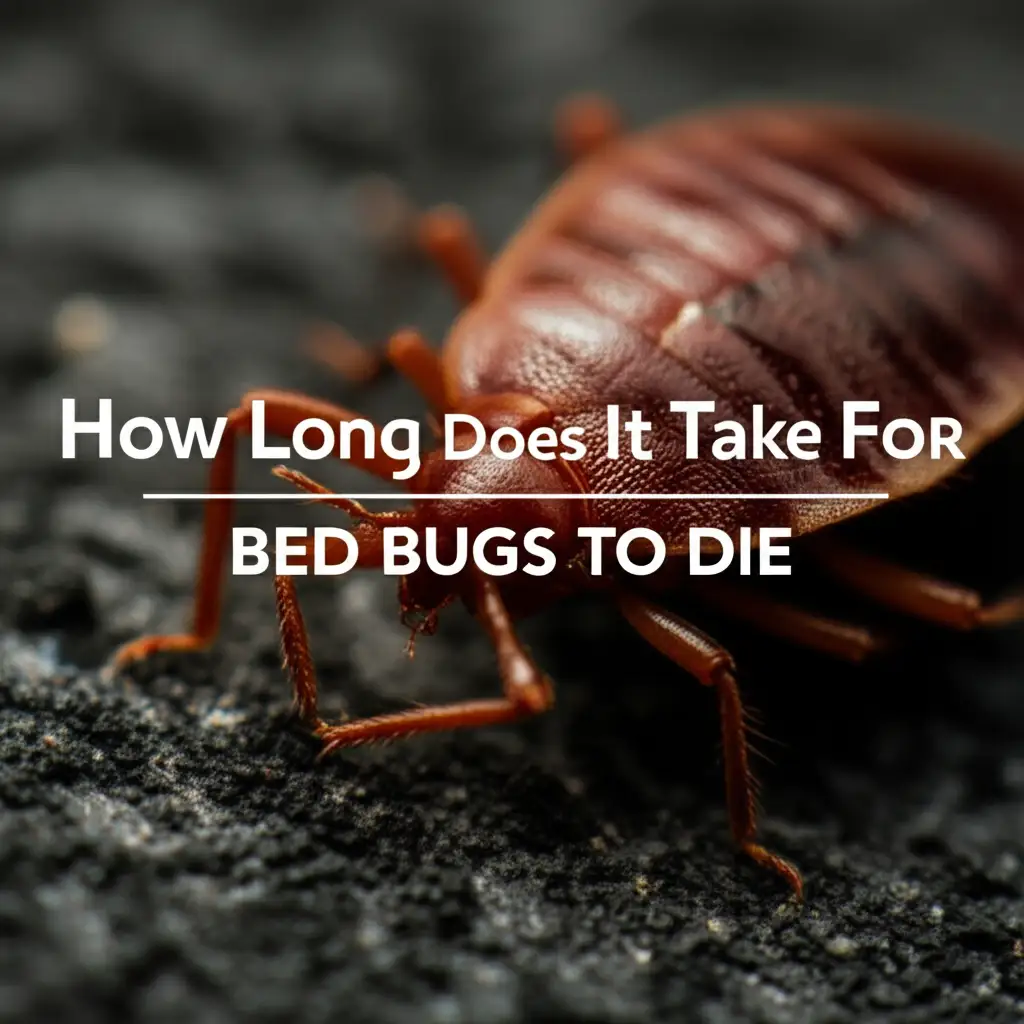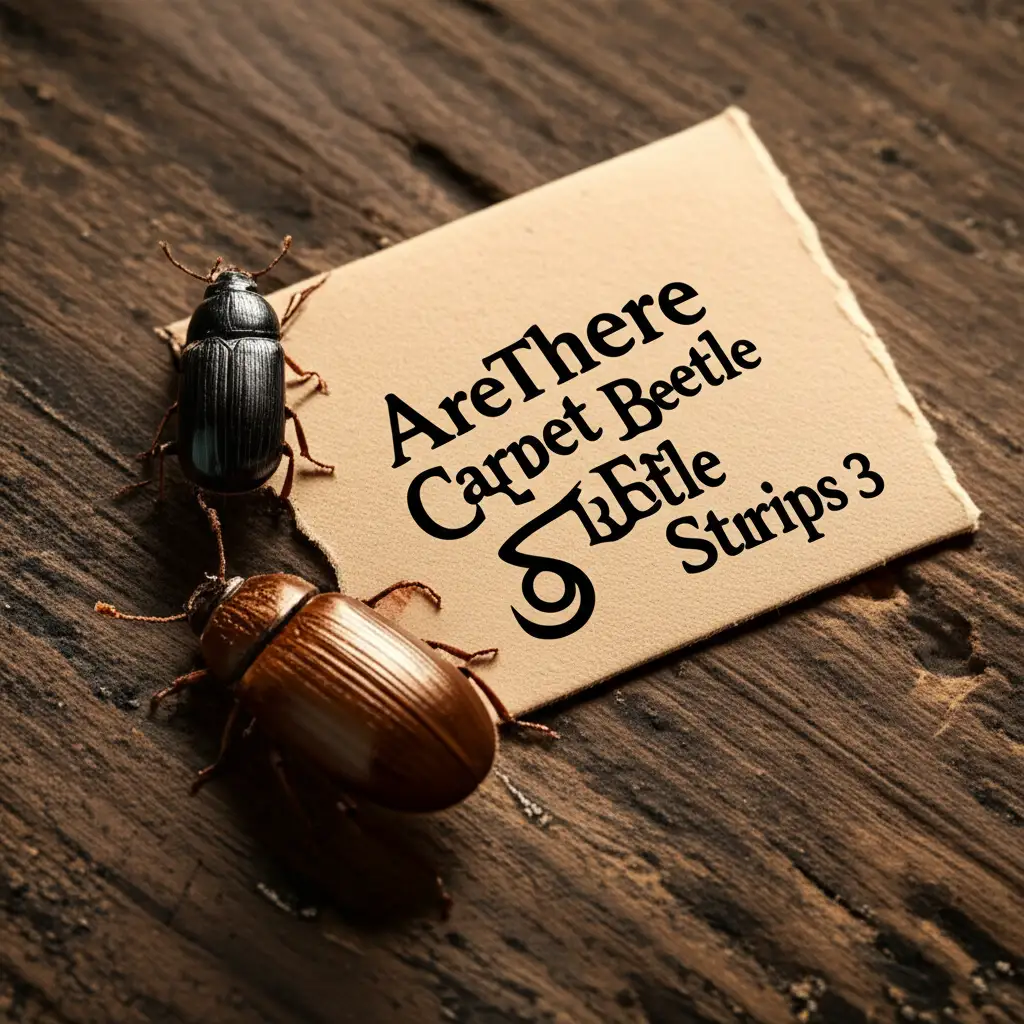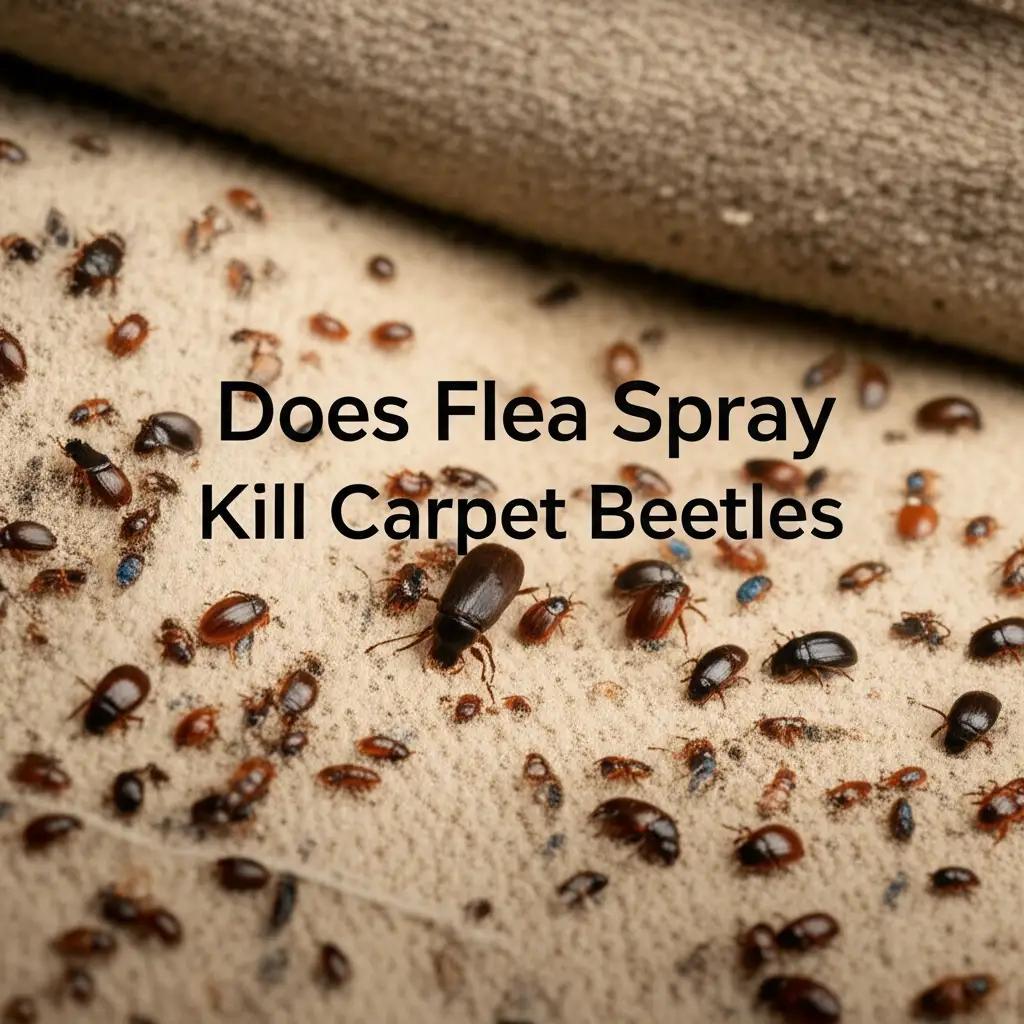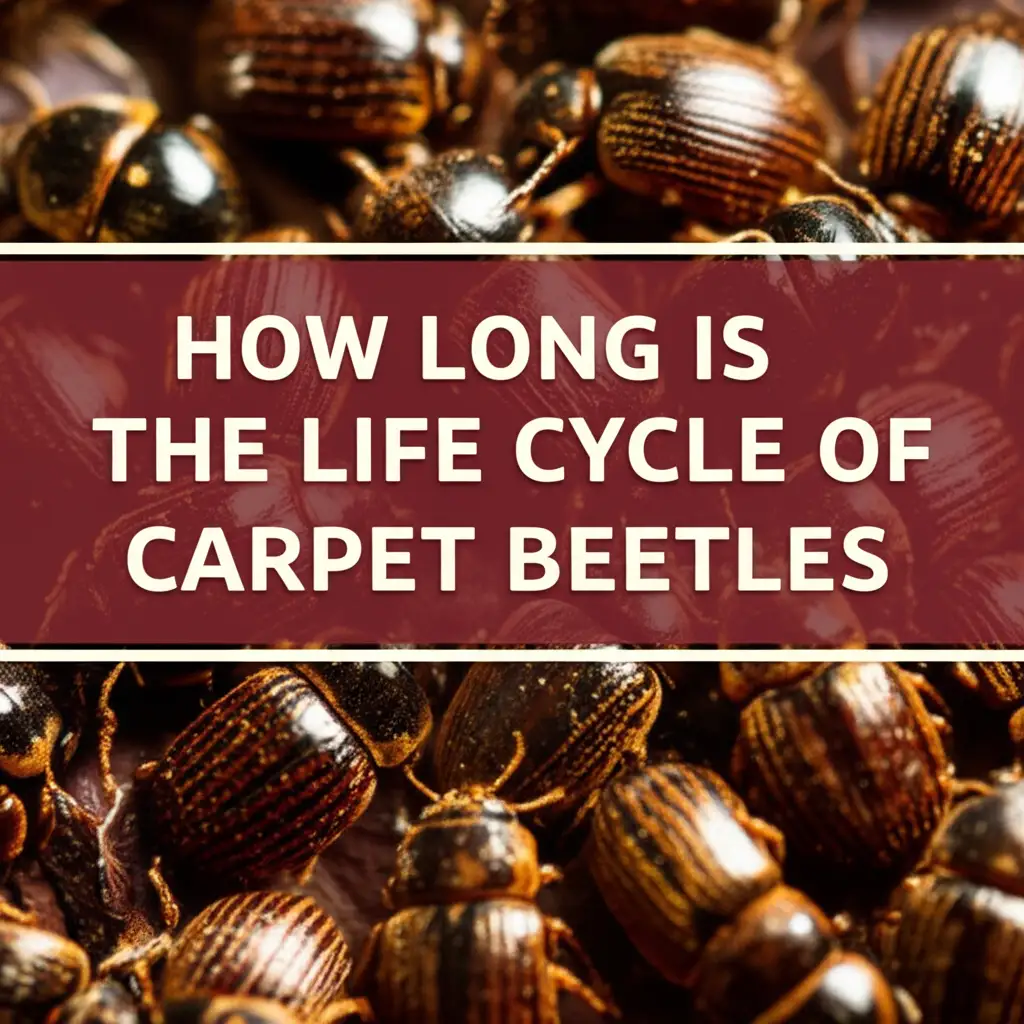· Mason Everett · Pest Control · 13 min read
How Long Does It Take For Bed Bugs To Die

How Long Does It Take For Bed Bugs To Die: Lifespan and Eradication
Discovering bed bugs in your home can feel overwhelming. Many people wonder, “How long does it take for bed bugs to die?” Understanding their resilience and the effectiveness of different treatments is crucial for successful pest control. Bed bugs do not die quickly on their own. Their survival depends on many factors, including food availability and environmental conditions. This article will explain the bed bug life cycle, factors affecting their survival, and how various eradication methods impact their demise. We will explore heat, cold, and chemical treatments, along with other non-chemical approaches. By the end, you will understand how to eliminate these stubborn pests effectively.
Takeaway
- Bed bugs can live for several months without feeding under ideal conditions.
- Heat treatment kills bed bugs and eggs rapidly, often within minutes at high temperatures.
- Cold treatment requires prolonged exposure to freezing temperatures (days to weeks).
- Chemical sprays work over hours to days, depending on the product and direct contact.
- Integrated pest management combines various methods for comprehensive eradication.
How Long Does It Take For Bed Bugs To Die?
Bed bugs die at different rates depending on the method used. Heat treatment kills them within minutes at temperatures above 120°F (49°C). Cold treatment takes several days to weeks below 0°F (-18°C). Chemical sprays can kill them on contact or over a few hours to days, depending on the chemical.
Understanding the Bed Bug Lifespan
Bed bugs are small, parasitic insects. They feed on the blood of humans and animals. Understanding their life cycle helps us predict their survival. A bed bug’s lifespan depends on many things. These include food, temperature, and humidity.
An adult bed bug usually lives for six to twelve months. This is their natural lifespan. They go through several stages of development. The bed bug life cycle begins as an egg. After hatching, it passes through five nymph stages. Each nymph stage needs a blood meal to grow. Finally, it becomes an adult.
Eggs are tiny and white. They hatch in about 6 to 10 days. Nymphs are smaller versions of adults. They molt their skin as they grow. Adult bed bugs can lay multiple eggs daily. A female bed bug can lay hundreds of eggs in her lifetime. This fast reproduction contributes to infestations.
Optimal conditions for bed bugs include temperatures around 70-80°F (21-27°C). They thrive in these warm environments. Cooler temperatures slow their metabolism. Hotter temperatures can kill them. Knowing their life stages helps us target treatments effectively. For example, some treatments kill eggs, while others only kill nymphs and adults.
Bed bugs tend to bite in a specific pattern. They often bite in lines or clusters of three, sometimes called “breakfast, lunch, and dinner.” This behavior can help identify a bed bug problem. You can learn more about their biting habits at do bed bugs bite in threes.
Factors Affecting Bed Bug Survival
Several factors determine how long bed bugs can survive. The most important factor is access to food. Bed bugs feed on blood. Without a blood meal, they cannot complete their life cycle. They also cannot reproduce.
Adult bed bugs can survive for several months without feeding. Young nymphs are more vulnerable. They may only live for a few weeks without blood. The exact survival time depends on the temperature and humidity. In cooler temperatures, their metabolism slows down. This allows them to live longer without food.
High temperatures are lethal to bed bugs. Temperatures above 120°F (49°C) kill them quickly. They cannot tolerate extreme heat. This is why heat treatments are effective. Low temperatures also affect them. Freezing temperatures stop their activity. Prolonged exposure to cold eventually kills them.
Humidity also plays a role. Bed bugs prefer moderate humidity levels. Very dry or very humid conditions are not ideal. These conditions can stress them. Stressed bed bugs may die sooner. Understanding these factors helps us create effective pest control strategies. We can use these environmental weaknesses against them.
Consider the environment inside your home. A vacant home might still harbor bed bugs for months. They wait for a host to return. This shows their remarkable ability to endure. It also explains why bed bugs are hard to get rid of.
How Heat Treatment Kills Bed Bugs
Heat treatment is one of the most effective ways to kill bed bugs. It works by raising the temperature of an infested area. Professionals use specialized heaters to do this. They raise the room temperature to specific levels. These temperatures are lethal to bed bugs.
Bed bugs cannot tolerate extreme heat. Temperatures above 120°F (49°C) are fatal. At around 122°F (50°C), adult bed bugs die within minutes. Eggs are also vulnerable to heat. They die at similar temperatures. This makes heat treatment a powerful method. It kills all life stages of the bed bug.
The process often involves heating an entire room or home. Professionals monitor temperatures throughout the area. They ensure heat reaches all hiding spots. Heat penetrates furniture, mattresses, and walls. This means hidden bed bugs also die. The duration of heat exposure matters. Maintaining lethal temperatures for several hours ensures success.
Heat treatment has many benefits. It is non-toxic. It does not use chemicals. This makes it safe for homes with children or pets. It also reduces the need for multiple follow-up visits. This method targets bed bugs where they live. It does not rely on bugs crawling over chemicals.
You can also use heat for smaller items. Washing clothes or bedding in hot water helps. Drying them on high heat for at least 30 minutes is also effective. This is similar to how you might stop bed sheets from tangling in the dryer, as high heat is useful for various laundry issues. For tips on managing your laundry for maximum efficiency, check out this guide on how to stop bed sheets from balling up in dryer. Also, knowing if you can wash specific items, like a pet bed, in a machine can be helpful. You can find more information about washing different items here: can I put cat bed in washing machine.
The Effectiveness of Cold Treatment on Bed Bugs
Cold treatment is another method to kill bed bugs. It uses very low temperatures to eliminate them. This approach takes much longer than heat treatment. Bed bugs are more tolerant of cold than heat. They do not die instantly in freezing conditions.
For cold treatment to be effective, temperatures must be consistently low. Temperatures below 0°F (-18°C) are needed. At this temperature, bed bugs and their eggs will die. However, they need to be exposed for a long time. It can take several days or even weeks. This prolonged exposure ensures complete mortality.
People often use cold treatment for small, infested items. You can place items in a freezer. Make sure the freezer maintains a consistent temperature. Items like books, electronics, or small decorative pieces work well. The items must be completely frozen. All parts of the item must reach the lethal temperature.
The challenge with cold treatment is scale. You cannot easily freeze an entire room. It is hard to ensure consistent freezing temperatures everywhere. Hidden bed bugs in walls or large furniture may survive. They might find pockets of warmer air. Therefore, cold treatment is usually part of a larger plan. It complements other methods.
Remember, bed bugs can enter a dormant state in cold. This means they stop moving and feeding. They are not dead, however. They simply wait for warmer conditions. This dormancy helps them survive. Only prolonged, extreme cold is truly lethal. Freezing items for at least 3 to 4 days, ideally 7 days, is often recommended.
Chemical Treatments and Their Kill Times
Chemical treatments are a common way to deal with bed bugs. Many types of insecticides exist. Each one works differently. The kill time for bed bugs varies based on the chemical. It also depends on direct contact.
Some chemicals are contact killers. They kill bed bugs immediately upon contact. These are useful for treating visible bugs. Other chemicals are residual. They leave a lasting effect. Bed bugs die when they crawl over treated surfaces. This can take hours or even a few days. The bed bug absorbs the chemical. This disrupts their nervous system.
Pyrethroids are a common type of insecticide. They are often found in consumer bed bug sprays. Some bed bugs have developed resistance to pyrethroids. This means these sprays may not work as well. Professional pest control uses a wider range of chemicals. They also rotate chemicals to prevent resistance.
Insecticide dusts are another option. These are applied to cracks and crevices. Bed bugs pick up the dust as they move. They slowly dehydrate and die. This can take several days. Foggers or “bug bombs” are generally not effective. They do not reach hidden bed bugs. They can also spread bed bugs to new areas.
Always follow product instructions carefully. Misuse of chemicals can be dangerous. It can also be ineffective. Professional pest control services know the right chemicals. They also know the correct application methods. They can advise if a specific home defense spray will be effective. For more information on common pest control products, you can review details about will Home Defence kill bed bugs.
Non-Chemical Approaches and Their Efficacy
Beyond heat, cold, and chemicals, other non-chemical methods help control bed bugs. These methods often require consistency and thoroughness. They can be good for managing small infestations. They also work well as part of an integrated pest management plan.
Vacuuming is a simple and immediate solution. Use a vacuum with a strong suction. Pay close attention to seams, cracks, and crevices. Vacuum mattresses, box springs, bed frames, and carpets. Immediately dispose of the vacuum bag after use. Seal it in a plastic bag. Throw it away outside your home. Vacuuming removes live bugs and eggs. It provides quick, temporary relief.
Steaming is another effective non-chemical method. High-temperature steam kills bed bugs and eggs on contact. Use a steamer with a nozzle. Direct the steam slowly over infested surfaces. This includes mattresses, furniture, and baseboards. Ensure the steam reaches high enough temperatures. It must penetrate fabrics. Steam is safe for most surfaces. It leaves no chemical residue.
Mattress and box spring encasements are also very helpful. These are special covers that zip up. They trap bed bugs inside. The bed bugs eventually die of starvation. This can take a year or more. The encasements prevent new bed bugs from getting in or out. They protect your mattress investment.
Diatomaceous earth is a natural powder. It consists of fossilized algae. This powder causes bed bugs to dehydrate. They die slowly over several days. Apply it as a thin layer in cracks and behind baseboards. Do not use too much. A thick layer can be ineffective. Always use food-grade diatomaceous earth.
These methods generally do not offer immediate, widespread eradication like heat treatment. They often require persistent effort. They are great for reducing populations. They are also useful for monitoring. Combining them with other treatments gives the best results.
Why Professional Help is Often Necessary
Dealing with bed bugs is a complex task. They are experts at hiding. They reproduce quickly. This makes complete eradication very challenging. Many people try DIY methods first. These efforts often fall short. This is why professional help becomes necessary.
Professionals have the experience and tools. They know where bed bugs hide. They can identify all infested areas. They use specialized equipment. This includes powerful vacuums and steamers. They also use industrial heaters for heat treatments. These tools are often too expensive for individuals to buy.
Pest control experts use different types of treatments. They select the right method for your situation. They understand how chemicals work. They know which chemicals are effective against resistant bed bugs. They also know how to apply them safely. They prevent over-application or misuse.
Hidden bed bugs are a major problem. They can hide in tiny cracks. They live inside walls, behind outlets, and under flooring. DIY treatments often miss these hidden populations. This leads to re-infestation. Professionals conduct thorough inspections. They reach areas you cannot.
Professional treatment offers peace of mind. It significantly reduces the chances of recurrence. They may offer warranties or follow-up visits. This ensures the problem is truly gone. Trying to handle bed bugs alone can be frustrating. It can also lead to prolonged suffering. Sometimes, the cost of repeated DIY attempts exceeds professional help. Investing in professional treatment often saves time, money, and stress in the long run.
FAQ Section
1. Can bed bugs die of starvation?
Yes, bed bugs can die of starvation. Adult bed bugs can survive several months without a blood meal. Nymphs are less resilient. Their survival time without food depends heavily on environmental conditions like temperature and humidity. Cooler temperatures allow them to live longer without feeding by slowing their metabolism.
2. How long do bed bugs live without feeding?
Adult bed bugs can live without feeding for approximately 2 to 5 months. Some studies show they can survive up to 400 days in ideal conditions (low temperature, moderate humidity). Younger nymphs die faster, typically within a few weeks without blood. Starvation is a slow killer for bed bugs.
3. Do bed bugs die in cold weather?
Yes, bed bugs can die in cold weather, but it requires extreme and prolonged cold. Temperatures below 0°F (-18°C) are lethal. However, they must be exposed to these temperatures consistently for several days to weeks to ensure all life stages, including eggs, are killed. Simple exposure to outdoor winter temperatures may not be enough.
4. Does rubbing alcohol kill bed bugs?
Rubbing alcohol can kill bed bugs on direct contact. It dehydrates them. However, it evaporates quickly. It leaves no residual effect. It also cannot penetrate surfaces to reach hidden bugs or eggs. Alcohol is flammable and can damage surfaces. It is not a recommended primary solution for bed bug eradication.
5. How long does it take for bed bugs to die after spraying?
The time it takes for bed bugs to die after spraying varies. It depends on the type of insecticide and if there was direct contact. Contact insecticides can kill within minutes. Residual sprays take longer, typically hours to a few days, as bed bugs must crawl over the treated surface. Resistant bed bugs might not die at all.
6. Can bed bugs survive washing and drying?
Bed bugs can survive washing in cold or warm water. They are very resilient. However, high heat from a dryer is lethal. Drying clothes or bedding on a high heat setting for at least 30 minutes will kill all bed bugs and their eggs. This is an effective way to treat infested laundry items.
Conclusion
Understanding how long it takes for bed bugs to die is key to successful pest control. Bed bugs are remarkably resilient pests. They can survive for months without food. Their ability to hide and reproduce quickly makes them a challenge to eliminate. Knowing their weaknesses, like extreme temperatures, helps in eradication.
Heat treatment offers the quickest solution, killing all bed bug life stages within minutes at high temperatures. Cold treatment also works but needs prolonged exposure to freezing conditions. Chemical treatments vary in kill time and effectiveness, depending on the product and bed bug resistance. Non-chemical methods like vacuuming and steaming can reduce populations.
For comprehensive and lasting results, professional pest control is often necessary. Experts possess the knowledge, tools, and experience to tackle hidden infestations. They ensure all bed bugs are targeted, preventing future problems. Do not let bed bugs disrupt your peace of mind. Taking swift and informed action is crucial for a bed bug-free home. Consult with a qualified pest control specialist to achieve complete bed bug eradication.
- bed bugs lifespan
- bed bug eradication
- pest control
- heat treatment bed bugs
- cold treatment bed bugs
- bed bug sprays
- killing bed bugs





